I lost track of the number of interviews I recorded and stories I wrote in the 1960s/70s/80s. The other day I went through my collection of newspaper and magazine articles and was astonished to discover how many there were.
I don’t remember some of the people I interviewed. One way or another many of them dropped out of public view. In other words their fame was short-lived. And my memory has faded after the passage of decades. But that was not the case of Olivia Newton-John whom I interviewed twice and liked (more on this later in this posting).
I was surprised to be reminded in a family letter of September 1970 that many of my interviews and articles were done on “spec” — that is, done without a firm commission from a media outlet. Here’s an extract from the letter…
The freelance business has been pretty brisk lately. A few days ago I sent off a piece to TV Week on Maggie Fitzgibbon and a piece to the Herald-Sun on Leo McKern, the Australia actor. At the moment I’m working on a piece for the Adelaide News about an Australian woman [Elizabeth Salter] who’s doing a biography on Daisy Bates. Whether they are all being used remains to be seen. Freelancing can be a rather frustrating business and not all that rewarding. Radio Melbourne 3AW uses everything I send them and TV Week has used two thirds of my stories. On the other hand there was the Observer which failed to use all three stories sent to them and they didn’t even bother to send them back. And there was Go-Set that used a story of mine and tried to avoid paying me. They coughed up the money in the end — after I threatened them with legal action.
An added problem back then was that it was before the Internet and email. Therefore I mostly had to rely on airmail or sometimes brief international cables. However, most airmail letters and parcels took just five working days to reach their destination in Australia. Nowadays airmail items take weeks, not days. It is frustrating that I don’t have a copy of my Leo McKern recording or my story for the Herald-Sun. Leo was famous for his acting, not least as Horace Rumpole in the long-running TV series Rumpole of the Bailey. He died in a nursing home in Bath, England, in July 2002.
I do have a copy of my “Bruce Conway” TV Week article about Maggie Fitzgibbon and also one that I wrote for the tabloid weekly, Melbourne Truth:
Another extract from a family letter…
Maggie Fitzgibbon gave me a marvellous interview. Rosemary reckons it’s the best one since arriving in London. She is “Smacka” Fitzgibbon’s sister so she knows Wycheproof from the time he had an hotel there. We had a great time chatting about Australia. She is doing extremely well here.
As for the interview I did with Elizabeth Salter, that got a good run in Australia. Here’s one of the versions from The Australian newspaper:
Two of the stories are in my main website archive. They are frequently viewed by people researching the life of Daisy Bates, a legendary figure for her work with Australia’s Aborigines. They can be found HERE.
From a letter dated September 9, 1970…
Remember Olivia Newton-John? Well she’s in a new pop group created by the men behind the James Bond films and the Monkees pop group. The group’s first film is now showing in London, but a friend who saw it says it is terrible. Olivia seems a very nice woman. I interviewed her recently and she still looks and sounds very, very young.
The recorded interview can be heard HERE.
As you will see from this article, Olivia explained to me in a later interview that things didn’t turn out well with that group:
That setback did not last long. Olivia was not someone who gave up and continued to release records and appear on TV until she was chosen to act and sing opposite John Travolta in the stunningly successful film Grease. That was released in 1978.
Then next leap in international fame came in 1981 with the hit song Physical. It was produced by John Farrar and written by Steve Kipner and Terry Shaddick, who had originally intended to offer it to Rod Stewart. The song had also been offered to Tina Turner by her manager Roger Davies, but when Turner declined, Davies gave the song to Newton-John, another of his clients. Olivia was a good friend of Steve who is the son of our long-time friends, Alma Kipner and her song writer and producer husband, Nat. We are still in touch with Steve. His website can be found HERE.
Olivia had a personal and career setback when she was discovered to have breast cancer in 1992. This was successfully treated but returned two more times. She died in August 2022, but not before she had been made a Dame — the female equivalent of a knight — in December 2019 for her work in entertainment, charity, and cancer research.
See my other chapters HERE.







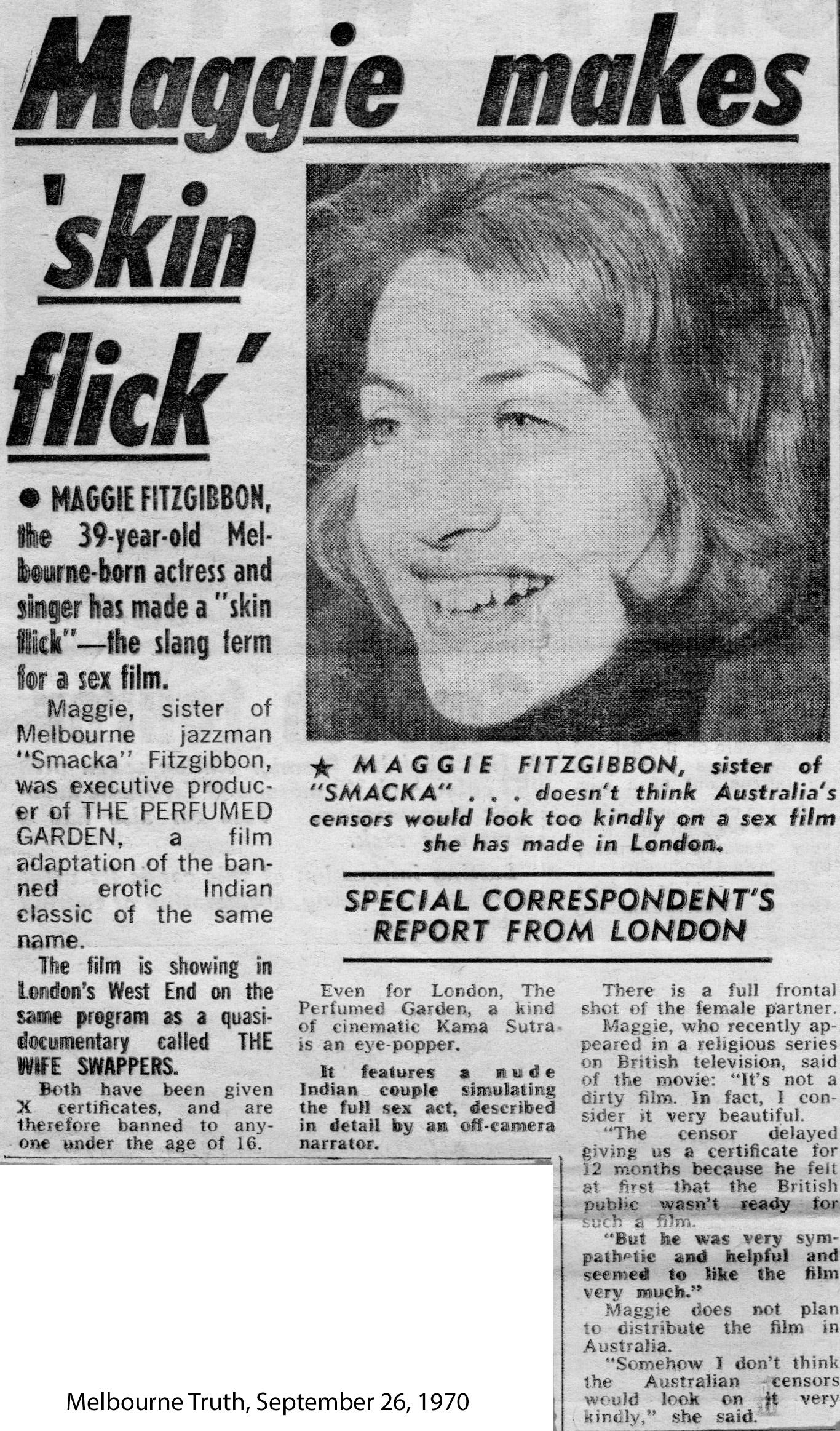
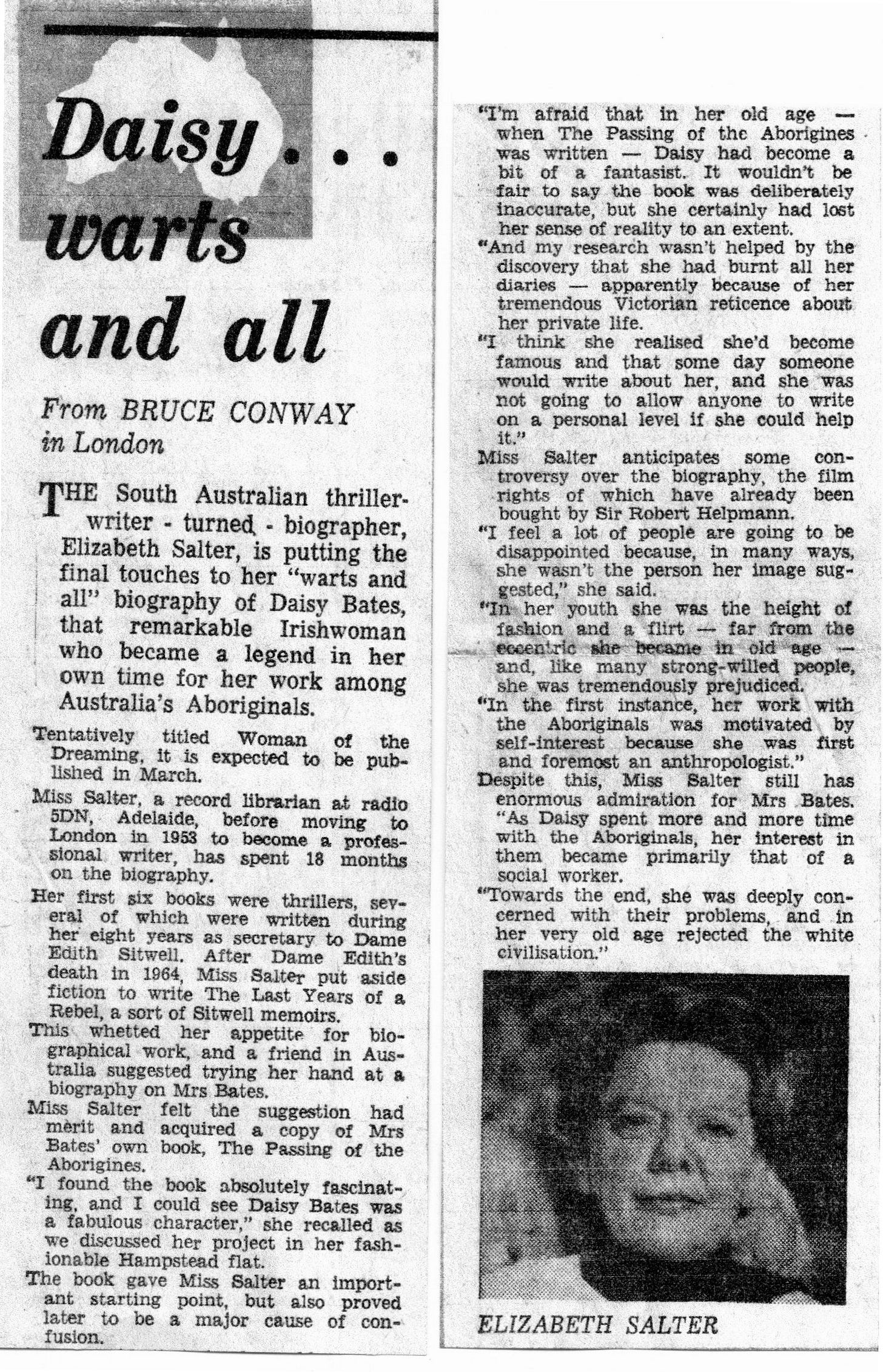
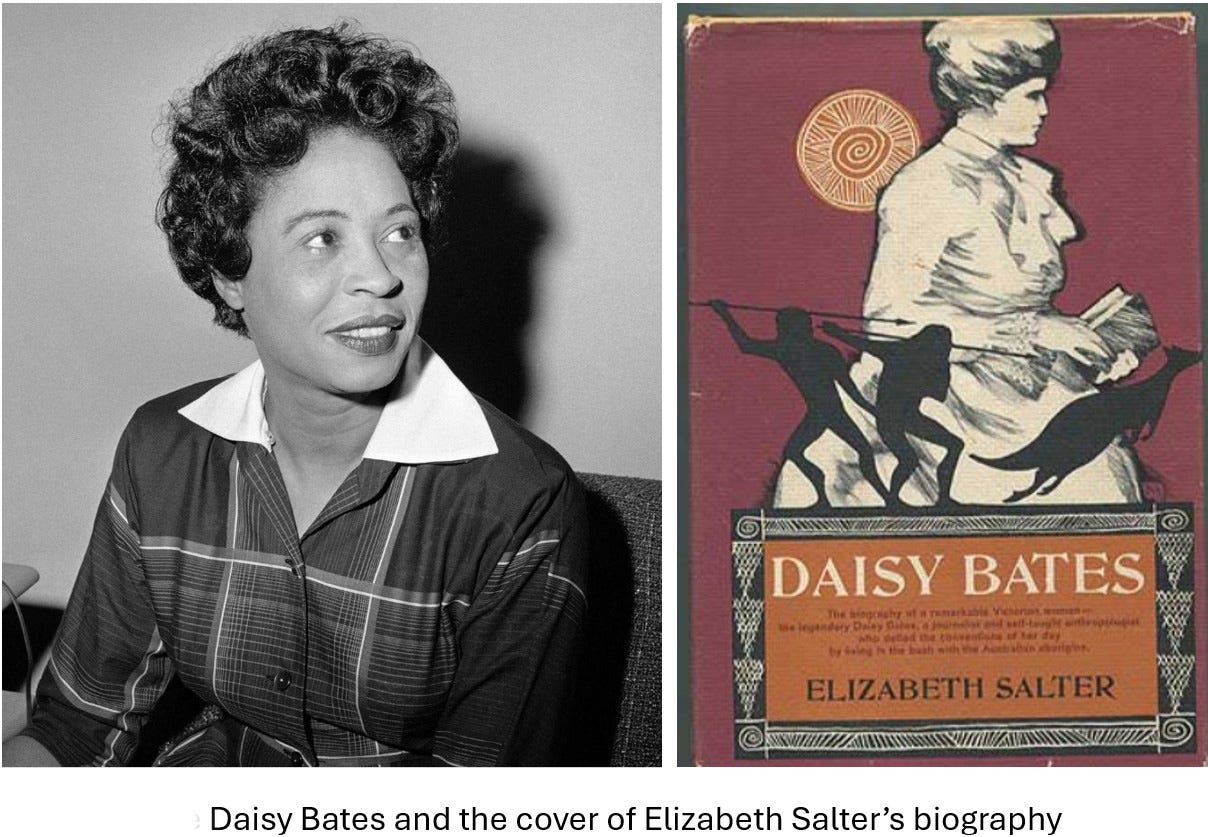
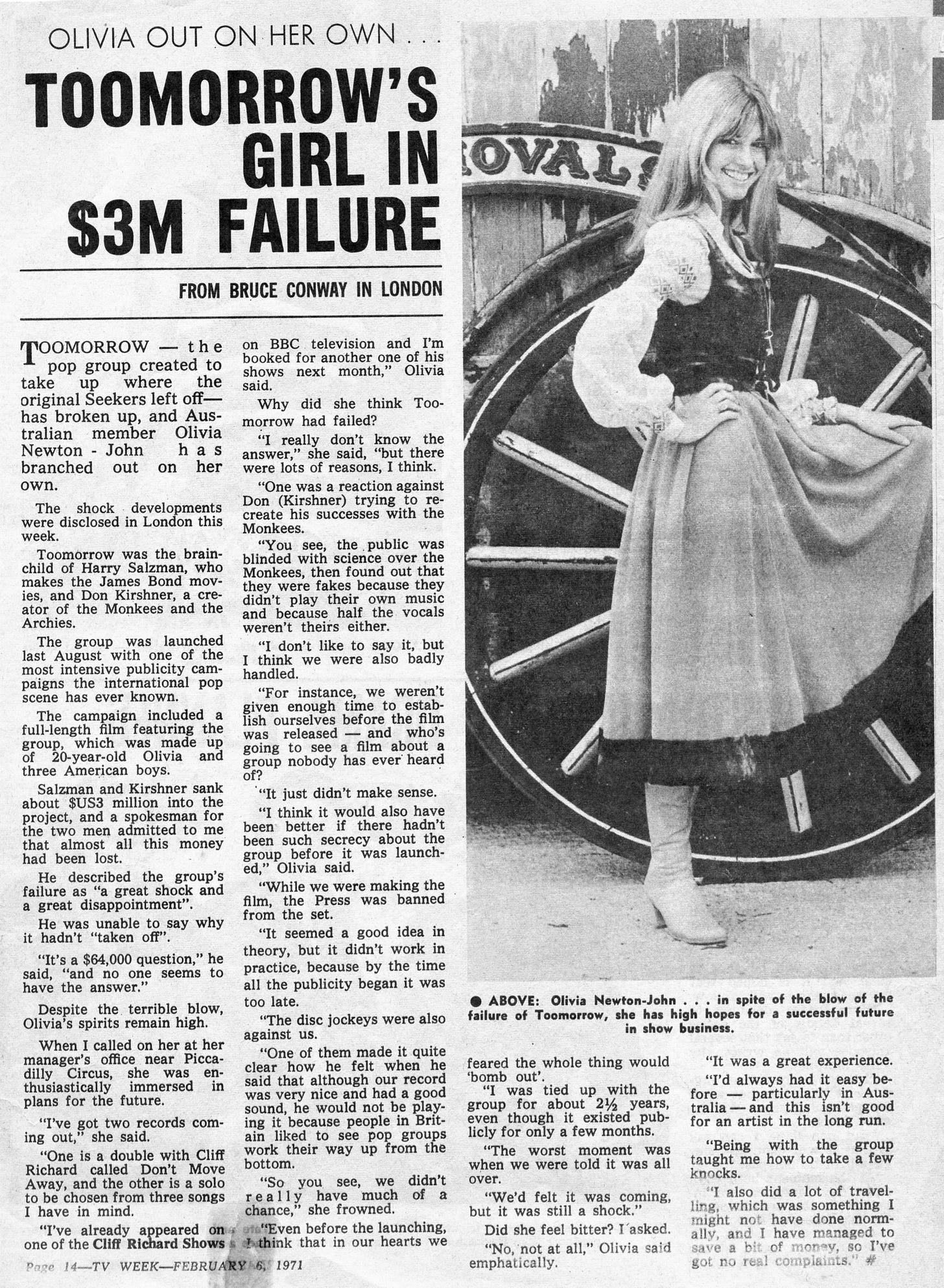

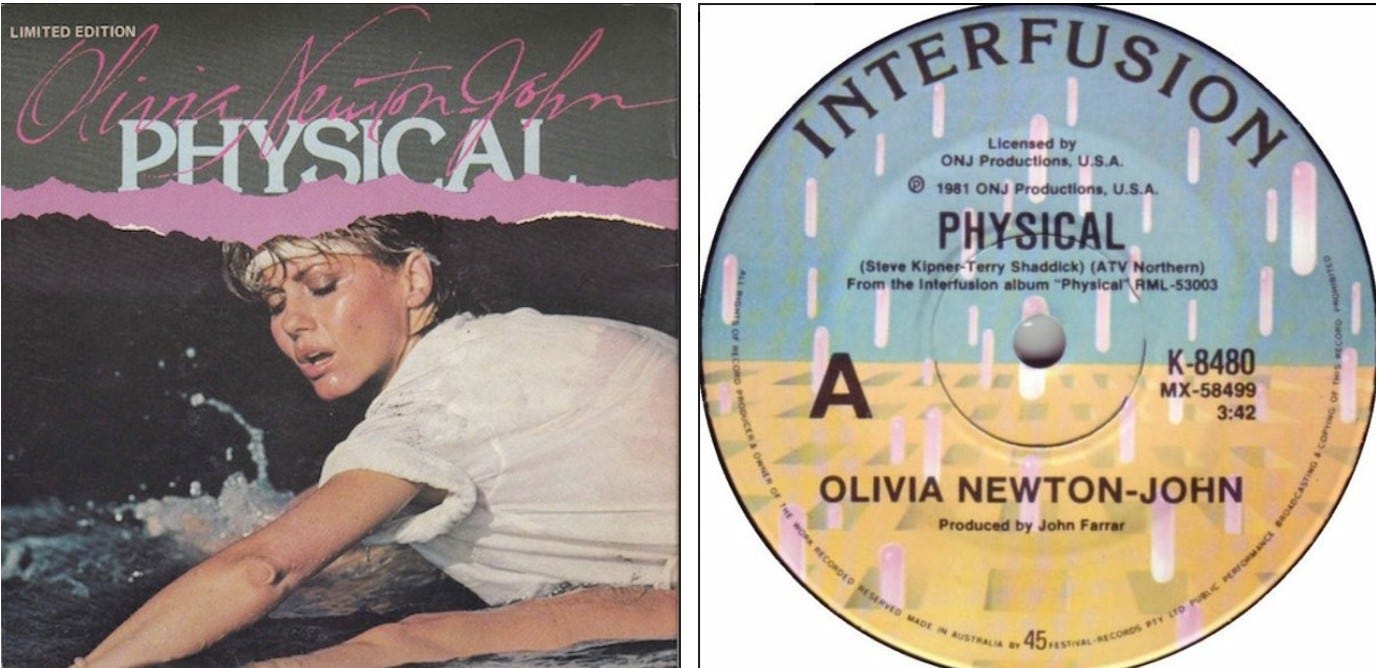
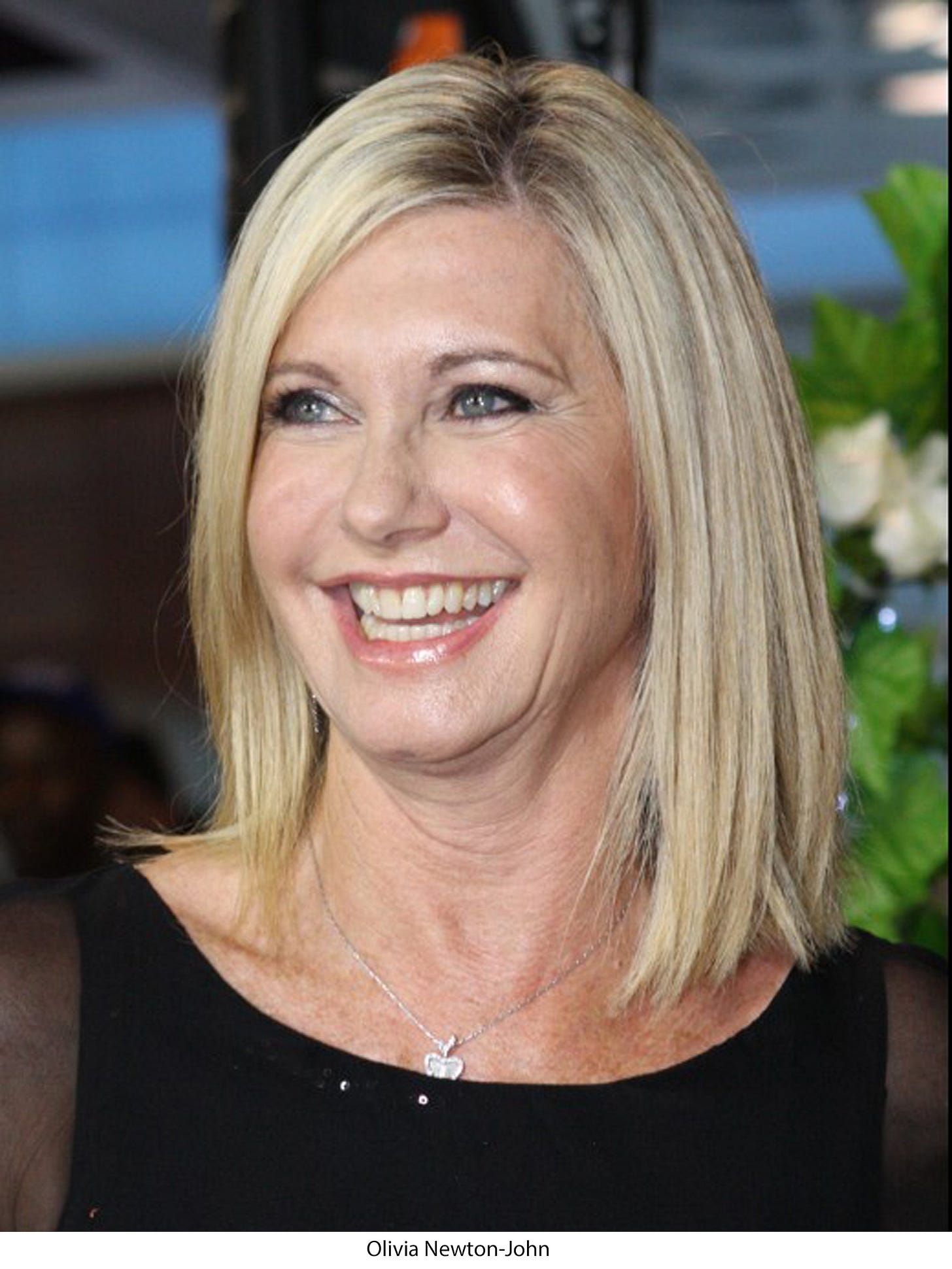
Another good read ..
Nothing wrong with your memory lan ..keep the chapters coming ..always very interesting..
Cheers to you & Rosemary ..
Helen 🇦🇺